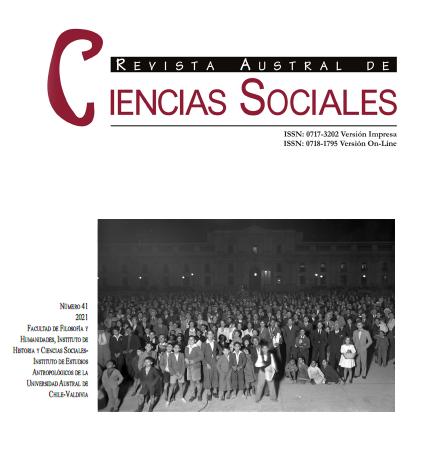The Gobernación in the 16th Century: Dynamics of Power in Chile at its Foundational Age
Main Article Content
Abstract
The royal politics of the Gobernación in the Kingdom of Chile during the Austrian Monarchy of the 16th century remains a period seldomly studied in a systematic way due to generalizations derived from the colonial paradigm, which reduces the Governments of Kingdoms to mere peripheric colonies. This study on the Chilean Gobernación of the 16th century (1541- 1600) seeks to examine the dynamics of power shaped by the unique character of the territory. Focused on the institution of the Gobernación, we study the attributions of the governor and his exercise of power. We also identify the main actors of the Kingdom of Chile and the conflicts between them according to the context. This article unveils how case studies with great and complex narratives have a potential to understand political power through the study of power dynamics in situ. Our findings reveal that the contingency of the creation of the State in the midst of the Arauco war was determinant to shape the relations of power in the Kingdom of Chile. The clash of actors’ interests and the variations of political power of the government are the results of this early political context.


 http://orcid.org/0000-0002-4074-2493
http://orcid.org/0000-0002-4074-2493